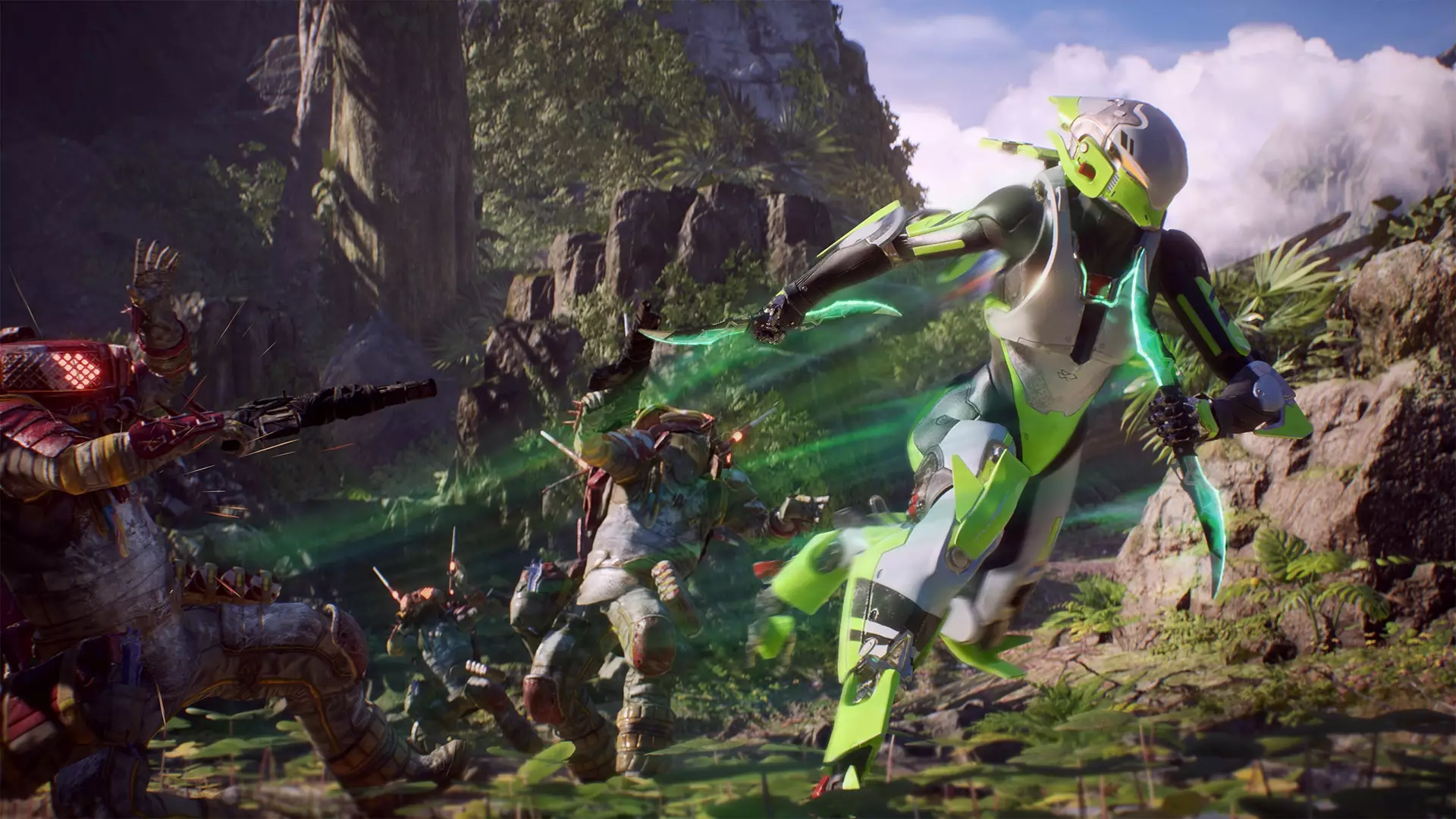The impending shutdown of BioWare’s ambitious shooter, Anthem, by January 2026 signals more than just the end of a game; it highlights a deep-rooted issue in the gaming industry—digital obsolescence. While developers often prioritize creating engaging experiences, they sometimes neglect the importance of digital longevity. Anthem’s journey from a much-anticipated title to its eventual sunset exemplifies how commercial interests, technological limitations, and industry priorities shape the fate of video games long after their initial release. Its death serves as a stark reminder that even beloved titles are vulnerable to complete erasure, raising questions about the cultural and historical value of these digital artifacts.
The departure from game preservation reflects a broader trend where the emphasis on profitability and immediate user engagement overshadows concerns about legacy. Anthem, despite its innovative gameplay and ambitious design, is set to vanish entirely, irrecoverable once servers are shut down. This raises a fundamental question: are we willing to accept the loss of digital history for the sake of current consumer convenience? The notion of enduring digital artifacts contrasts sharply with the reality of our industry’s fragmentary approach to preservation.
The Technical and Economic Constraints of Lasting Content
In reflecting on Anthem’s closure, former BioWare executive Mark Darrah offers a critical insight—it could have been built differently to survive longer. He points out that with different technological choices, perhaps referencing Destiny 2’s peer-to-peer architecture, Anthem might have benefited from a more sustainable model. However, these alternatives often involve trade-offs, such as increased latency or degraded user experience, which can undermine the core appeal of a game. Moreover, such solutions demand significant financial investment that publishers might be reluctant to allocate, fearing uncertain returns.
This balancing act reveals the uncomfortable truth: maintaining permanent servers or playable versions of games requires ongoing costs, technical expertise, and infrastructural commitment. Faced with finite resources, industry players frequently decide that the benefits of initial sales outweigh the long-term costs of preservation. This short-sighted approach, while financially understandable, risks eroding our collective cultural archive. The question then becomes whether industry standards should shift to prioritize sustainability over short-term gains.
Valuing Preservation Over Obsolescence
Darrah’s commentary invites gamers and industry stakeholders to reconsider their priorities. Just as environmental regulations prevent the reckless dumping of waste, perhaps digital content should also be protected through policy and technological innovation. The analogy he employs—comparing game preservation to the prevention of toxic pollution—underscores the ethical weight behind the responsibility to retain digital heritage.
Moreover, the “Stop Killing Games” movement emphasizes this ethos, challenging the industry to recognize the irreversible consequences of shuttering servers and discontinuing services. When a game disappears, so too does a slice of cultural memory, community history, and creative expression. Given that many titles, like Anthem, are available for years before their final sunset, should we accept their inevitable loss or fight to extend their lifespans through technological and legal means?
The discourse shifts from purely industry-centric concerns to societal ones. As consumers, we are increasingly aware of the importance of digital preservation—yet, ultimately, our ability to influence corporate decisions remains limited. Industry leaders hold the keys to systemic change, perhaps through better infrastructure, enhanced licensing agreements, or innovative preservation models. If the industry is to evolve responsibly, it must recognize that digital permanence is not just a benefit but a moral imperative.
The Ethical Dilemma of Digital Mortality
Ultimately, the debate about game preservation touches on a profound philosophical question: should intangible cultural artifacts be allowed to vanish at the whim of market forces or corporate decisions? Unlike physical media, digital content is fragile, susceptible to server failures, licensing issues, and business strategy shifts. Yet, society’s collective cultural memory depends on the preservation of these digital creations.
It is essential to acknowledge that the industry operates under economic constraints, but that does not absolve it of responsibility. As Darrah mentions, accepting some sacrifice—such as higher costs or technical hurdles—may be necessary if we wish to prevent the complete extinction of our gaming history. The ecological analogy resonates: just as we regulate industrial pollutants to protect our environment, we should consider regulations or standards that safeguard digital heritage.
The pragmatic reality remains that games like Anthem will continue to face scheduled disappearances unless stakeholders actively lobby for change. This could involve adopting open-source approaches, emulation, or persistent servers. Without such measures, we risk losing a part of our cultural landscape, an irreversible erosion of creative history and community identity.
In conclusion, the future of gaming is at a crossroads. We stand to choose between a world where digital content is fleeting and one where preservation is prioritized—an ethical decision grounded in respect for cultural memory. As technology advances, so must our commitment to ensuring that games, whether historically significant or simply beloved, remain accessible for generations to come. The question isn’t just about Anthem or any specific title; it’s about the values we uphold in safeguarding our digital legacy.

